Understanding 380V Circuit Breakers
Circuit breakers are a vital component in modern electrical systems, providing essential protection against overcurrent and short circuit conditions. Among these, 380V circuit breakers are designed to handle high-voltage applications, typically found in industrial settings. This category encompasses a range of devices tailored to safeguard electrical circuits by interrupting the flow of electricity upon detecting any fault.
Types and Applications
The 380V circuit breaker family includes various types, each suited for specific applications. Molded case circuit breakers (MCCBs) and miniature circuit breakers (MCBs) are common subtypes, with MCCBs being used for higher capacity protection and MCBs for lower power distributions. These breakers are categorized by their tripping characteristics, such as type C, B, or D, indicating their response to different levels of overcurrent. Their applications span across household, industrial, and protective environments, ensuring the safety and reliability of electrical systems.
Features and Materials
When selecting a 380V circuit breaker, features such as interrupting capacity, tripping sensitivity, and physical size are crucial. The materials used in these breakers, like high-grade plastics and metals, are selected for durability and conductivity. The color coding, including white, black, and red, aids in identifying the breaker type and its specific function within an electrical panel.
Advantages of 380V Circuit Breakers
The advantages of using a 380V circuit breaker are manifold. They provide robust protection against electrical hazards, contribute to the longevity of electrical equipment, and ensure compliance with safety standards. Their modular design allows for easy integration into existing electrical systems, while their varied tripping characteristics cater to different protective needs.
Selection Considerations
Choosing the right 380V circuit breaker involves considering the electrical load, the nature of the application, and environmental conditions. It is important to match the breaker's capacity with the system's demand to ensure efficient protection. Additionally, the physical dimensions and connection type must be compatible with the electrical panel in use.
Conclusion
In conclusion, 380V circuit breakers are a fundamental component in safeguarding electrical systems from overcurrent and fault conditions. With a variety of types and features available, these breakers are adaptable to a wide range of industrial and protective applications. Selecting the appropriate breaker requires careful evaluation of the system's requirements to ensure optimal performance and safety.



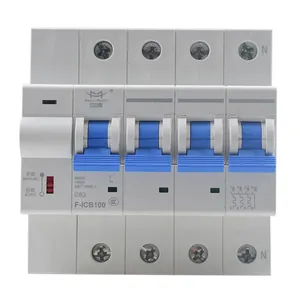















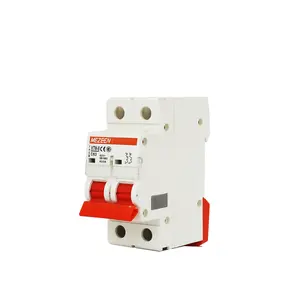




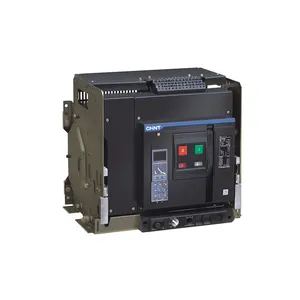
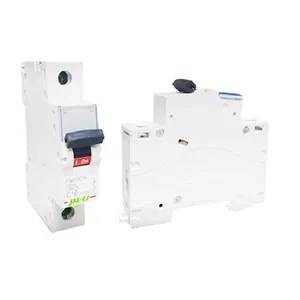


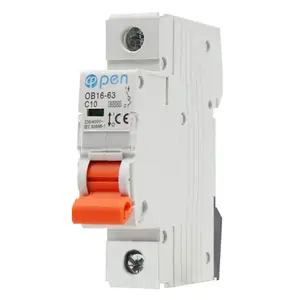
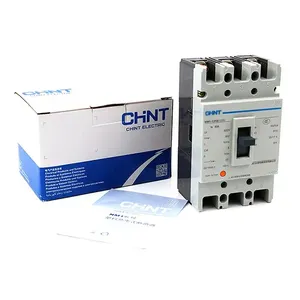


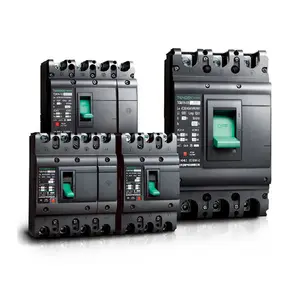








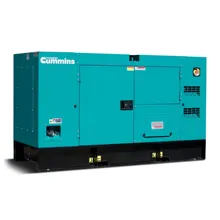
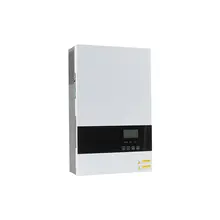

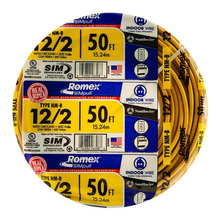
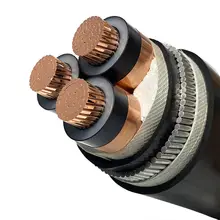
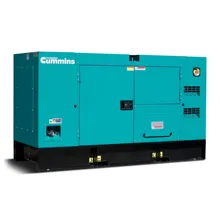




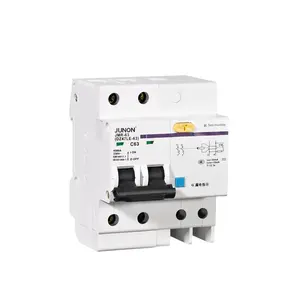




















 浙公网安备 33010002000092号
浙公网安备 33010002000092号 浙B2-20120091-4
浙B2-20120091-4